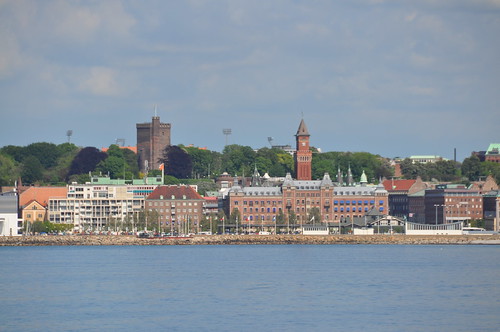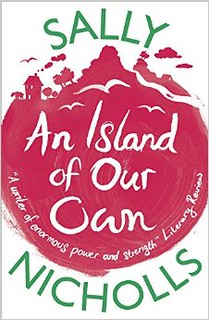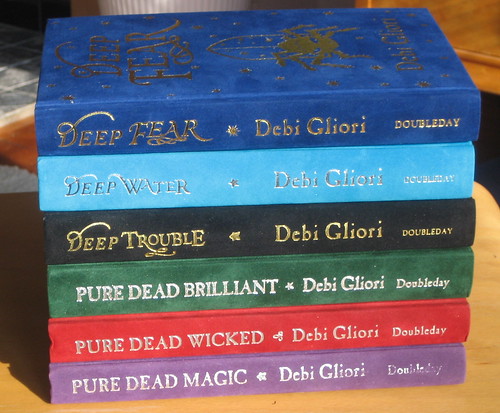And so another year of the Hay Festival comes to an end. I’ve never been, but every year when I see who’s going to be there, I want to go too. It’s the wrong time of year for me. I know there is a good reason it’s always the half term week, but that was always when we went elsewhere.
Also, the potential difficulty of finding accommodation, as well as negotiating the famous mud puts me off.
That’s not all in the off-putting category, either. They don’t pay, in Hay. I’ve had a week of following the online discussions between authors regarding this. Somehow they are not totally keen on not being paid. I wonder why?
They do get ‘paid’ of course. In wine.
They also often travel to this slightly out-of-the-way Hay by train. Long distances for many. Which means that many of them are forced to decline being ‘paid’ at all.
Although, someone mentioned that there is a welly alternative. So if you can’t take the wine, you can – maybe – have a pair of wellies. Which you might not need. And if it was me, they’d not fit me, due to having welly-unfriendly lower legs.
In fairness, it seems it’s not only authors who are not given money for their trouble. There are interns, who are also just there for the pleasure of, well, of being there.
The answer is – naturally – for the participants to stage a strike. But those who need the money also want to be appreciated and invited to events. So they won’t [can’t]. And former presidents and big stars/celebrities quite possibly neither need paying, nor are likely candidates to join in a strike.







